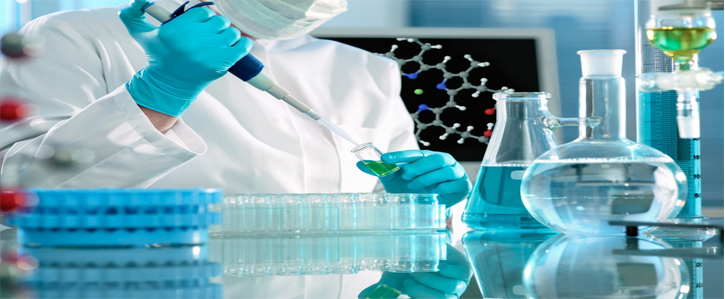The laboratory of catalysis and synthesis in organic chemistry works on various projects of national and international interests. It develops four main lines of research:
- Preparation, modification and characterization of catalytic materials (mixed oxides, supported catalysts based on metals, microporous, mesoporous materials)
- Preparation and characterization of nanostructured materials
- Valorisation of local natural materials (clays).
- Synthesis of organic mediators and biologically active molecules
The materials and the organic molecules prepared find their applications in the following themes:
Environment
Laboratory studies have made it possible to synthesize organic-inorganic hybrid materials and to modify local clays (Maghnia Bentonite). These materials have been used in the treatment of aqueous effluents for the retention of heavy metals.
Energy
The current studies in the laboratory focus on topics at the forefront of global research and concern renewable energies. Indeed, we are interested in
- the production of hydrogen from renewable sources (biomass) and its storage.
- the production of biofuels from lignocellulosique wastes
Fine chemistry
The first projects of the laboratory concerned this topic. The work concerns both oxidation and hydrogenation reactions.
Catalysts based on single or mixed oxides as well as metal catalysts are prepared and tested in the oxidation reaction of cyclohexane or cyclohexene or the selective hydrogenation of enones which are very important steps for various chemical industries.
Agrochemistry and Pharmaceutical Chemistry
Organic synthesis is currently subject to certain ecological imperatives. We try to use in our reactions environmentally friendly conditions (Green Chemistry) such as:
- reactions without solvents
- reactions in recyclable ionic liquids.
- synthesis by activation under microwaves.
-Azole fungicides: syntheses and biological tests.






